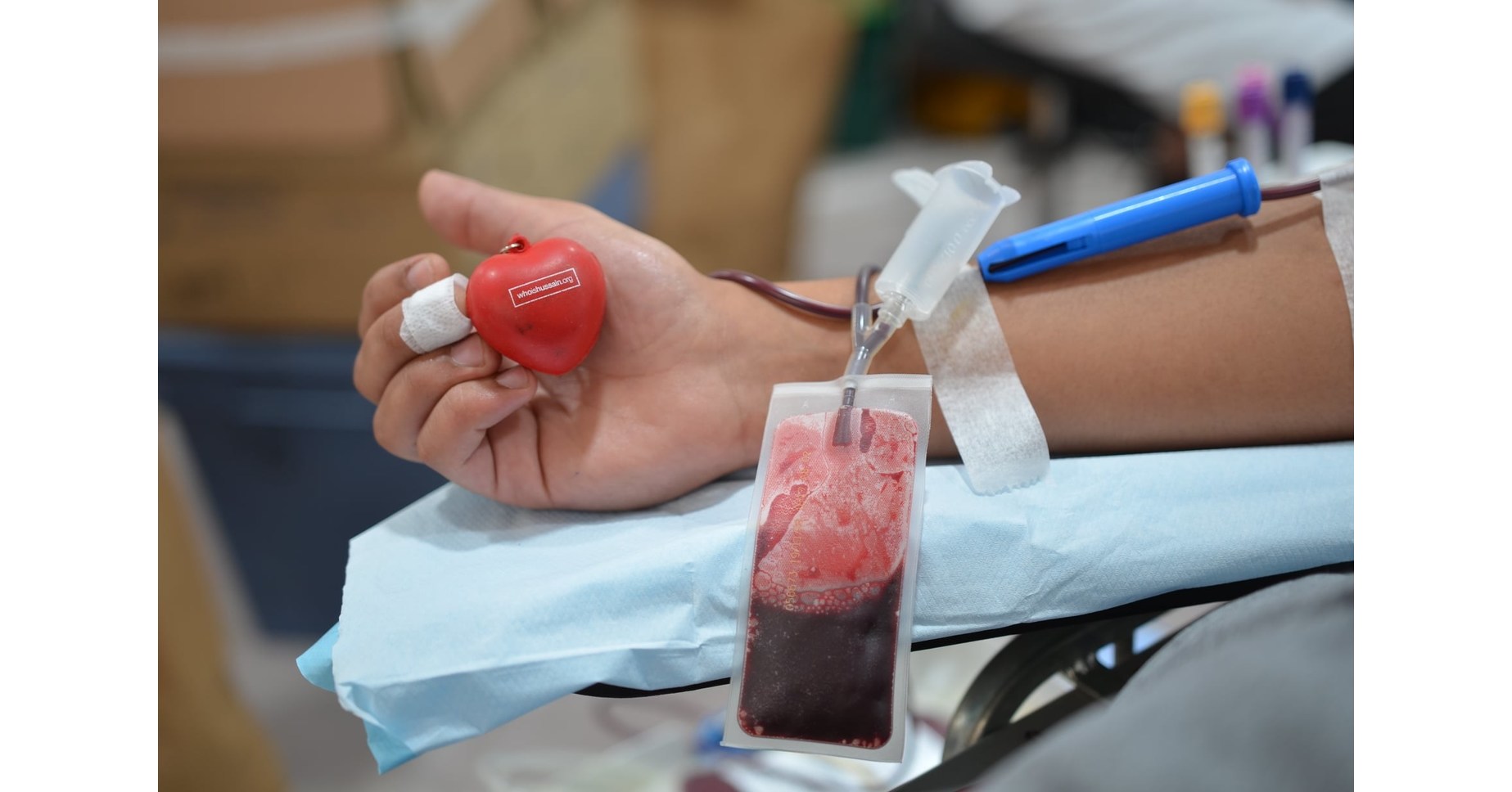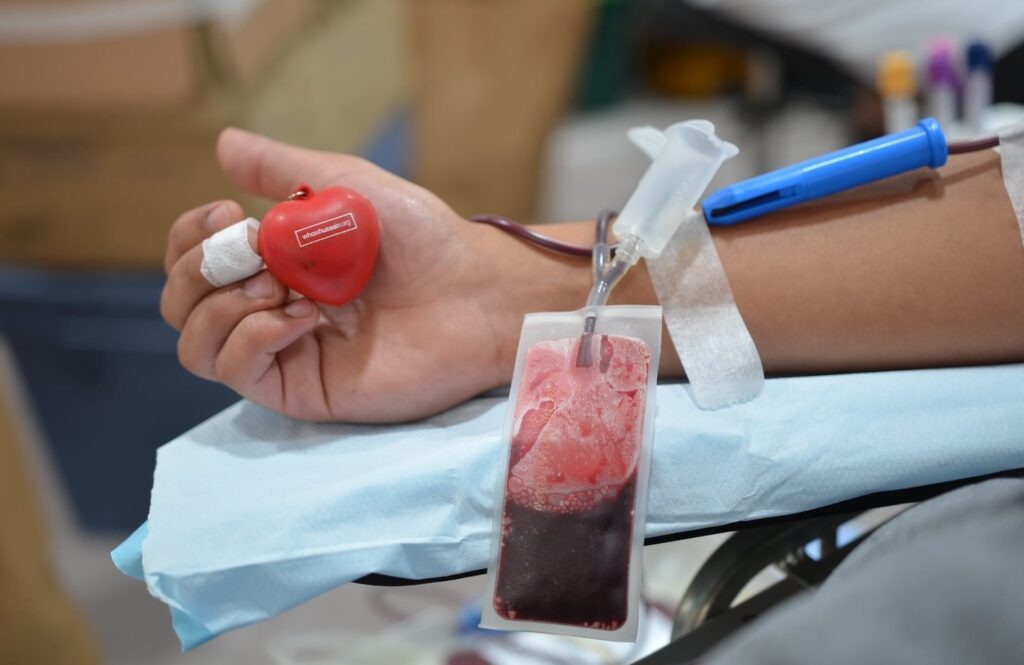
Introduction
Blood, the life-sustaining fluid coursing through our bodies, is a complex and fascinating component of our physiology. From its composition to its crucial roles in various bodily functions, understanding blood is essential for comprehending the intricate machinery of human life.
The Composition of Blood
Blood is a dynamic blend of components that work in harmony to keep our bodies functioning optimally. The liquid matrix, known as plasma, carries an array of cells and proteins responsible for various functions. Additionally, cellular components like red blood cells, white blood cells, and platelets contribute significantly to blood’s diverse roles.
The Functions of Blood
One of blood’s primary functions is transporting oxygen from the lungs to tissues and organs while removing carbon dioxide. Furthermore, blood acts as a distribution system, delivering nutrients and hormones essential for growth and regulation. Its role in supporting the immune system and aiding in clotting and wound healing is equally crucial.
Blood Types and Compatibility
The ABO blood group system, classifying blood into types A, B, AB, and O, has significant implications for blood transfusions and organ transplants. The presence or absence of the Rh factor further refines blood types. Understanding compatibility is vital to prevent adverse reactions during medical interventions.
Blood Donation: A Lifesaving Act
Donating blood is a selfless act that can save lives. Hospitals rely on voluntary blood donations to address medical emergencies, surgeries, and chronic conditions. Potential donors must meet eligibility criteria, and the donation process is simple and safe, making it accessible to many.
Blood-Related Diseases and Disorders
Conditions like anemia, characterized by a low red blood cell count, can lead to fatigue and weakness. Leukemia, a form of blood cancer, originates in blood-forming tissues and necessitates specialized treatments. Hemophilia, an inherited disorder, impairs the blood’s ability to clot, posing risks even from minor injuries.
Maintaining Healthy Blood
Preserving the health of our blood requires a holistic approach. A balanced diet rich in iron, vitamins, and minerals supports blood cell production. Staying hydrated and engaging in regular physical activity ensures proper circulation and oxygen delivery. Regular medical checkups help identify and address potential blood-related issues.
Blood in Cultural and Symbolic Contexts
Blood holds significant cultural and symbolic value across different societies. It’s often associated with life, death, and rituals. From religious ceremonies to artistic expressions, blood’s symbolism offers insights into human beliefs and emotions.



